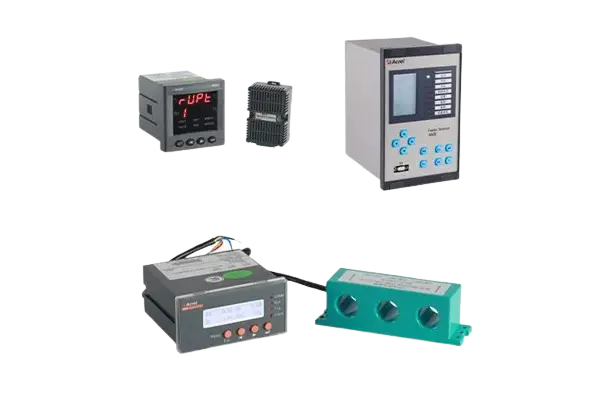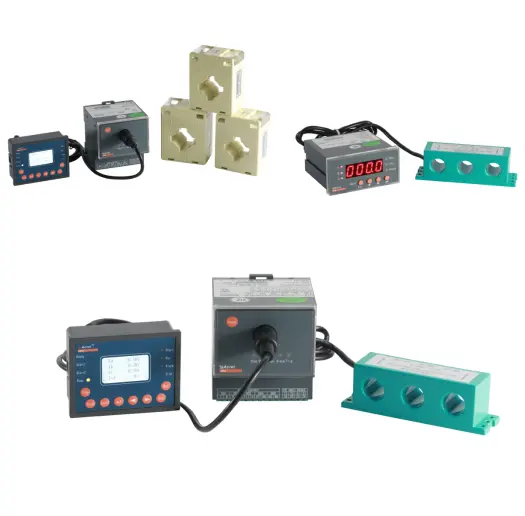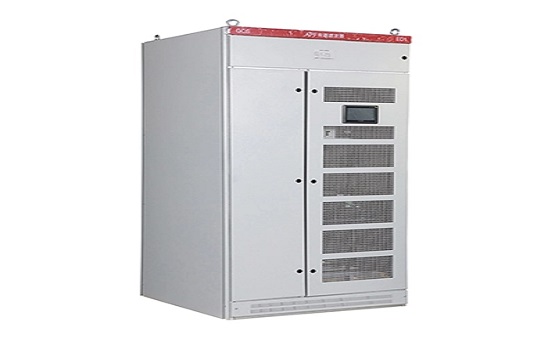

In the quest for a greener and more sustainable future, IOT based energy meter has emerged as a revolutionary concept. Unlike traditional energy distribution methods, IOT based energy meter solutions leverage advanced technologies and data analytics to optimize energy usage, enhance efficiency, and promote sustainability. At its core, IOT based energy meter aims to strike a balance between meeting the ever-growing energy demands and reducing environmental impact.
IOT based energy meter is built on a foundation of interconnected components that work harmoniously to create an intelligent and responsive energy network. These components include IOT meters, sensors, advanced communication infrastructure, and data analytics platforms. IOT meters, installed at consumers' premises, provide real-time energy consumption data, enabling consumers to monitor and manage their energy usage more efficiently. Meanwhile, sensors integrated into the grid infrastructure facilitate accurate monitoring of energy flows and grid conditions.
One of the significant advantages of IOT based energy meter is its ability to promote energy efficiency. With real-time data on energy consumption, consumers can make informed decisions to reduce energy wastage and lower their electricity bills. Additionally, smart grids facilitate demand response programs, where consumers can adjust their energy usage during peak hours to alleviate strain on the grid and prevent blackouts.
IOT based energy meters provide a seamless integration platform for renewable energy sources like solar and wind power. By effectively managing the variable nature of renewable energy, smart grids can enhance grid stability and reduce reliance on fossil fuels, contributing to a more sustainable energy landscape.
The implementation of IOT based energy meter enhances the reliability and resilience of the power grid. Through real-time monitoring and intelligent automation, utilities can identify and address potential issues promptly, minimizing downtime during power outages and improving overall grid performance.
As with any emerging technology, the rise of IOT based energy meter comes with its own set of challenges. Issues such as data privacy and security, interoperability, and the high upfront costs of infrastructure upgrades must be addressed to ensure the seamless adoption of smart energy systems on a broader scale. Furthermore, promoting awareness and encouraging consumer participation in demand response programs remain essential in maximizing the potential benefits of these smart solutions.
The future of IOT based energy meter holds immense promise. As technology continues to advance, we can expect even more sophisticated smart grids that efficiently manage energy distribution while incorporating innovative solutions like artificial intelligence and blockchain. With increased adoption and collaboration between policymakers, utilities, and consumers, IOT based energy meter will play a crucial role in transitioning to a sustainable and eco-friendly energy landscape.
In conclusion, IOT based energy meter represents a significant step towards achieving efficiency and sustainability in the energy sector. By leveraging cutting-edge technologies and data-driven strategies, smart grids hold the potential to transform the way we generate, distribute, and consume electricity, ensuring a brighter and greener future for generations to come.
 English
English 日本語
日本語 한국어
한국어 français
français Deutsch
Deutsch Español
Español italiano
italiano русский
русский português
português tiếng việt
tiếng việt Türkçe
Türkçe العربية
العربية










